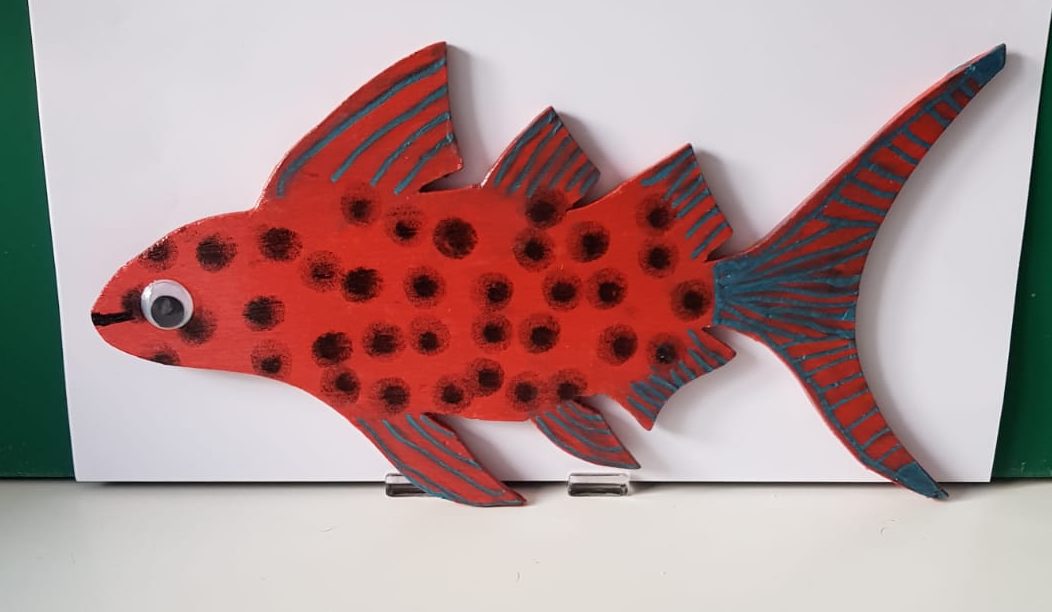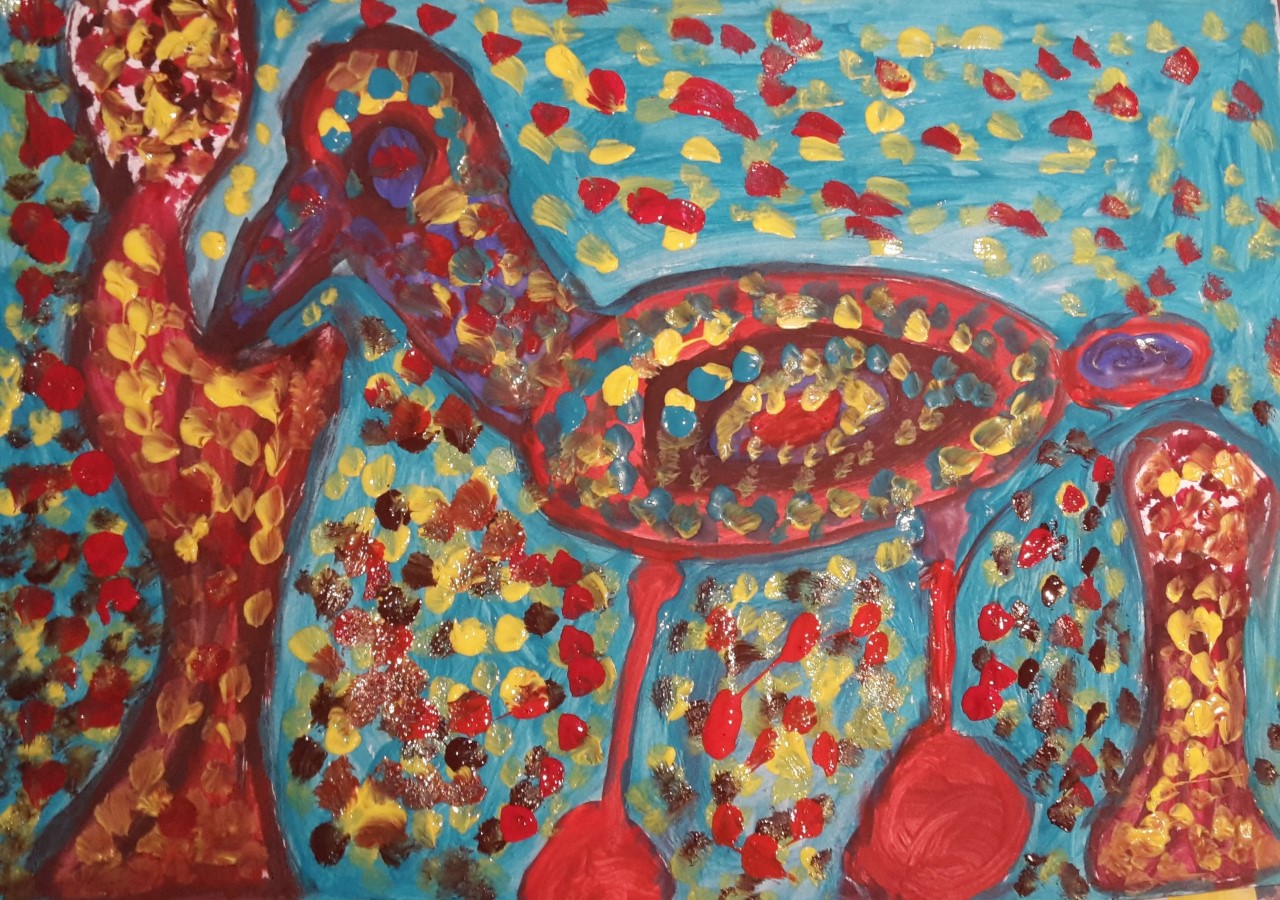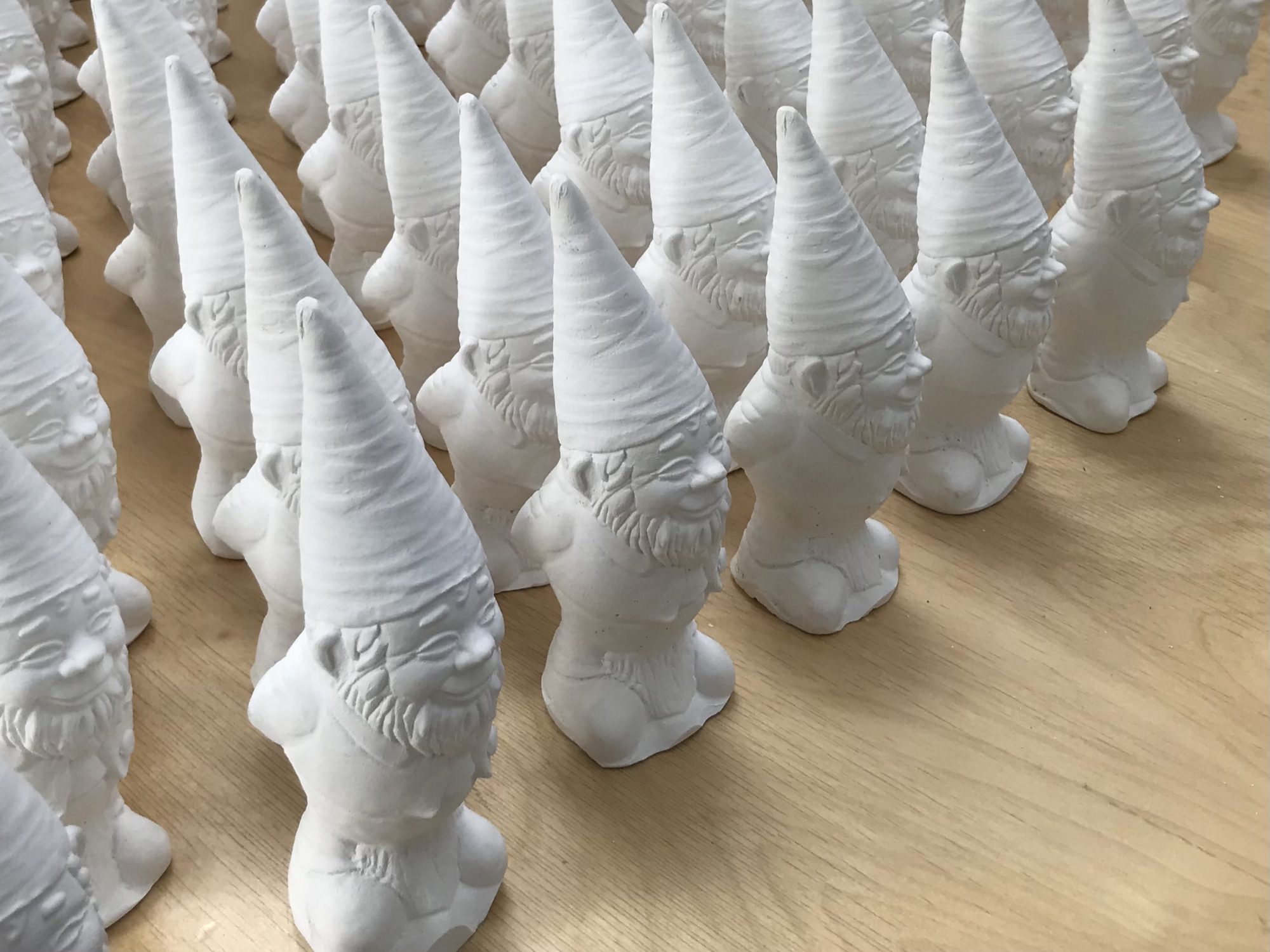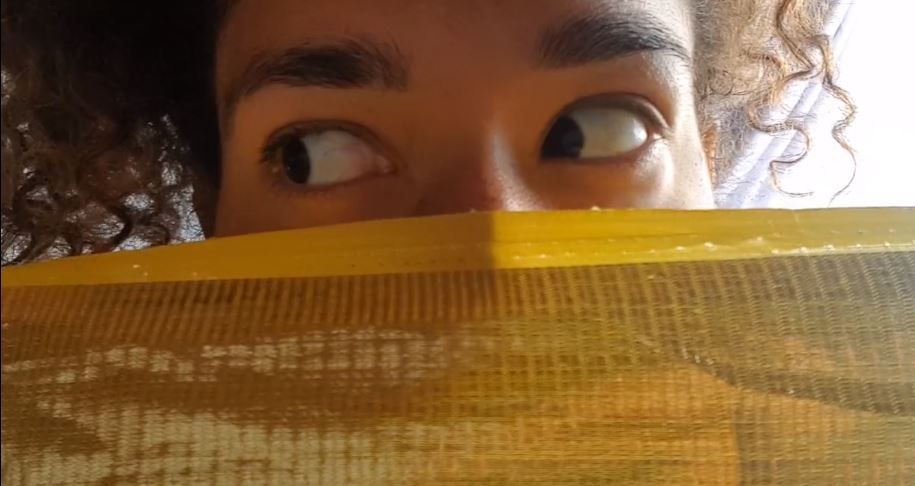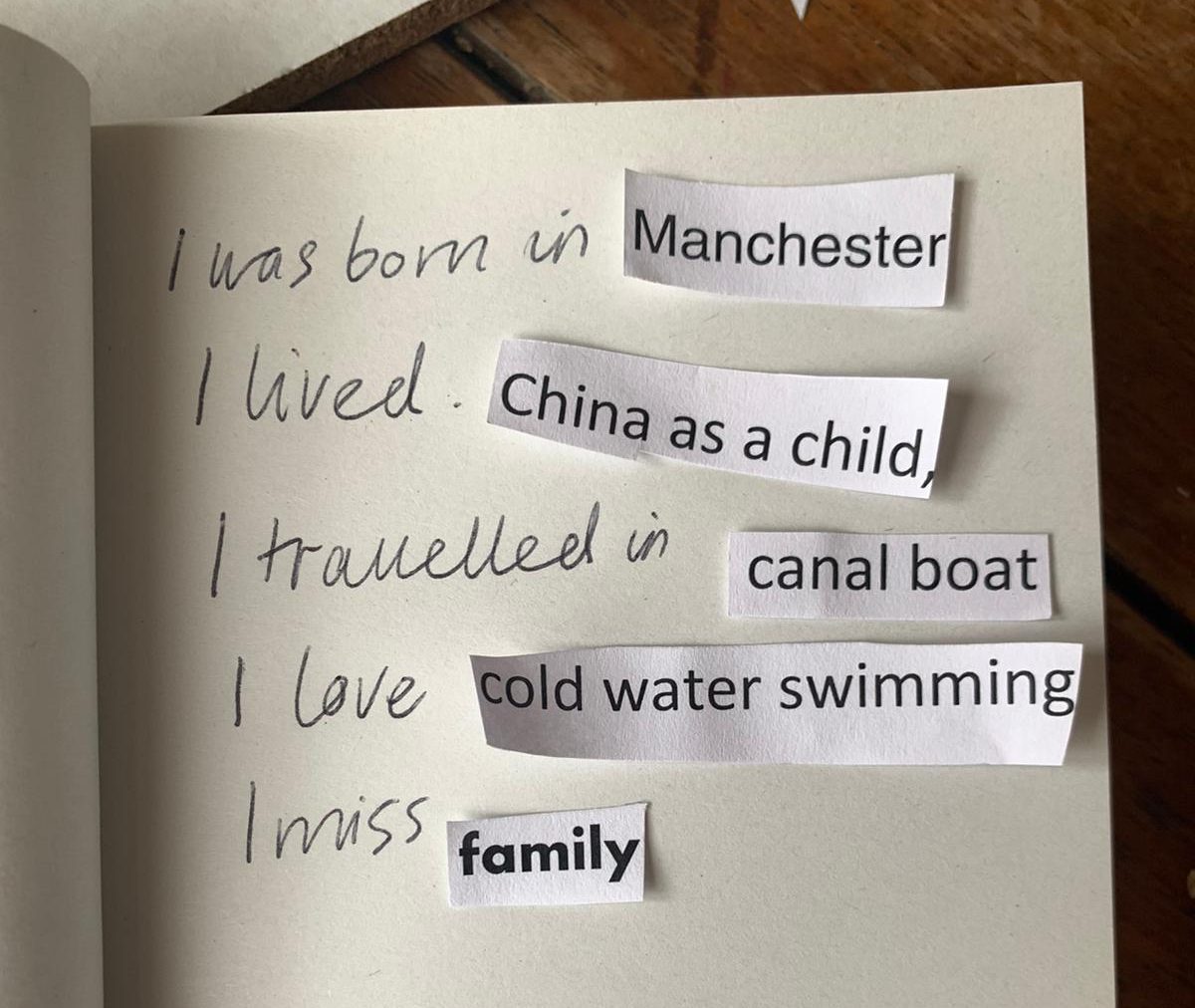Discoveries in Distanced Arts
Discoveries in Distanced Arts: The work, wonder, and wear of remote creative programmes.
About the research
Led by Queen Mary University of London and Entelechy Arts, the research is funded by the Arts and Humanities Research Council (AHRC), part of UK Research and Innovation.
Staying Connected is a series of programmes keeping older people in Lewisham (South East London) enjoying creativity and one another’s company, when they’ve not been able to meet in person during 2020 & 2021. It includes programmes led by Entelechy Arts and the Meet Me… programme which is run in partnership with the Albany. You can read more about these programmes here.
In this 18 month project, longitudinal research investigated the impact, or impacts, of Entelechy Arts’ remote programme on older adults’ connection, health, and well-being. Two reports and events have been produced as part of this project, and you learn more about them below.
The project team comprises Dr Janelle Jones, Dr Claire Howlin, and Elizabeth Quinn (Queen Mary University of London) and Maddy Mills, Christine Lee and David Slater (Entelechy Arts).
The work, wonder, and wear of Entelechy Arts’ Staying Connected Programmes
On Wednesday 24th November 2021, Entelechy Arts hosted a free online event to share learning and practical tips for how to develop remote creative programmes, co-created with older people, based on the first stage of this research project.
Insights shared included challenges and successes in the design and delivery of remote programmes, the wonder and engagement that can be brought to artistic practices through flexibility, and strategies for managing the emotional wear associated with new ways of working.
Below, you can watch the recording of the event and download the first report, researched by Queen Mary University of London, containing the key findings we discussed during the event, including:
– The use of group phone calls to deliver parts of the programme known as ‘working clusters’ because many older adults had limited internet and smartphone access.
– Several strategies including check-ins, warm-up exercises, and acknowledgement, were embedded into the weekly remote telephone working clusters to encourage individual contributions and active engagement amongst members (older adults).
– The challenges of remote delivery of programmes by phone, radio, and parcel deliveries changed the nature of the social interactions and the stay-at-home orders increased the level of emotional distress experienced by members and practitioners.
– The potential need for additional support measures for practitioners including hiring well-being support staff, regular check-ins, and weekly group movement sessions for practitioners for sustained delivery of remote programmes.
If you would like to give your feedback after watching the recording, please click on this link.
Identifying the Art of well-being
On Tuesday 19th July 2022, we hosted another online sharing event to discuss the second and final report that is part of this research project.
Key findings include:
– Older adults appreciated the varied creative activities which allowed for choice and agency. They were absorbed in the activities and re-developed or developed artistic interests from taking part.
– Social connections were gained through the remote programmes – Older adults valued the interactions and shared experiences with other members and became emotionally invested in other members’ well-being.
– Although older adults welcomed the increased accessibility offered by the remote programmes, they reported a strong preference for in-person activities.
– Taking part in remote programmes was associated with well-being. Older adults detailed the anticipation, positive mood, and happiness associated with the cluster calls.
– Group identification mattered for social connection and well-being. Higher identification with the arts programme (Meet Me…), their community, and a person’s age group were all associated with lower social isolation and higher positive mood.
– Arts programme identification was associated with engagement and wellbeing both initially and over time. Initial ratings of arts programme (Meet Me…) identification were associated with engaging in more activities and with longer membership with Entelechy Arts.
You can read the full report by clicking the button below.
During the event, we also shared the Pandemic and Beyond film Coping Creatively that features our research project:

